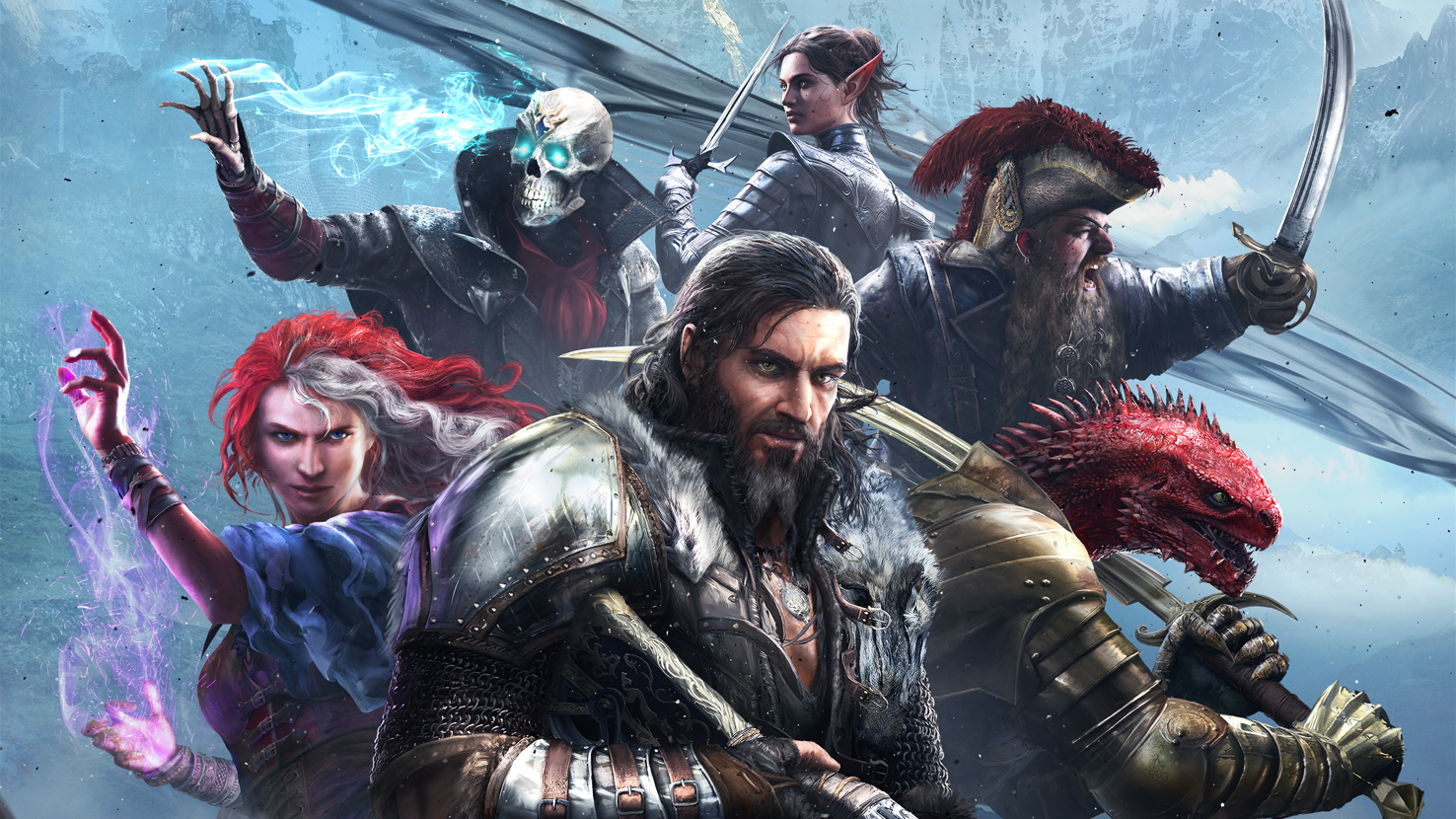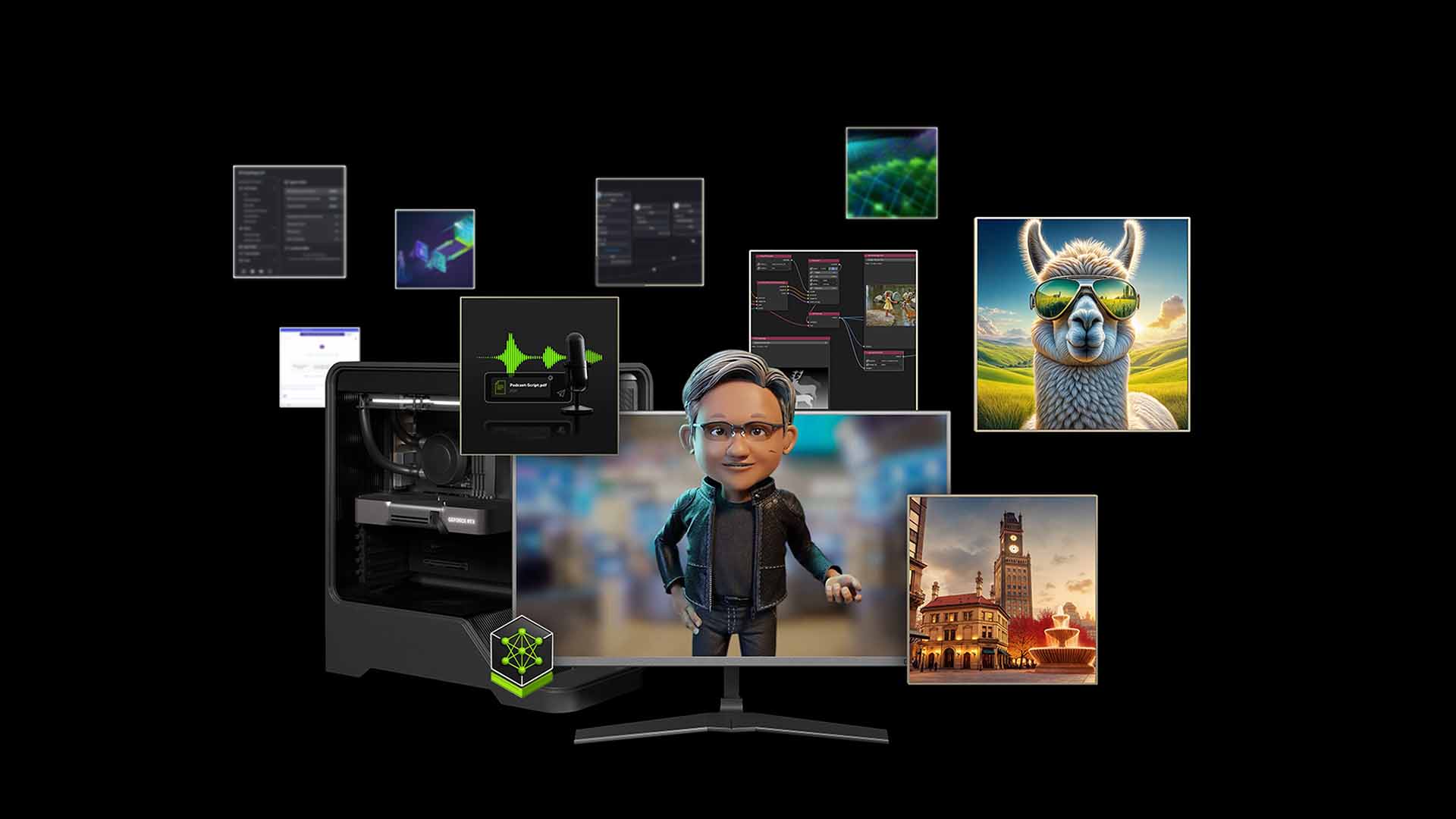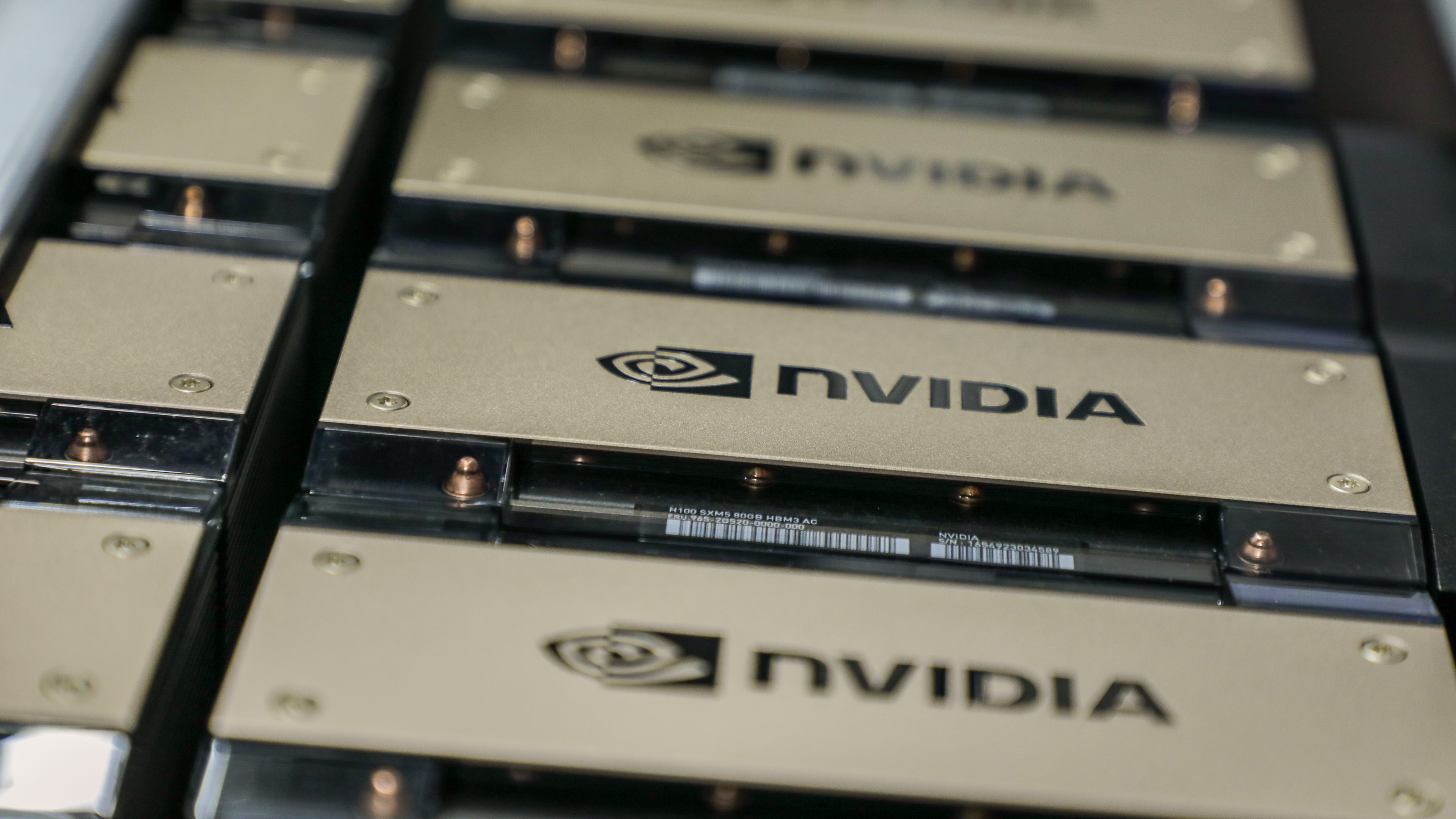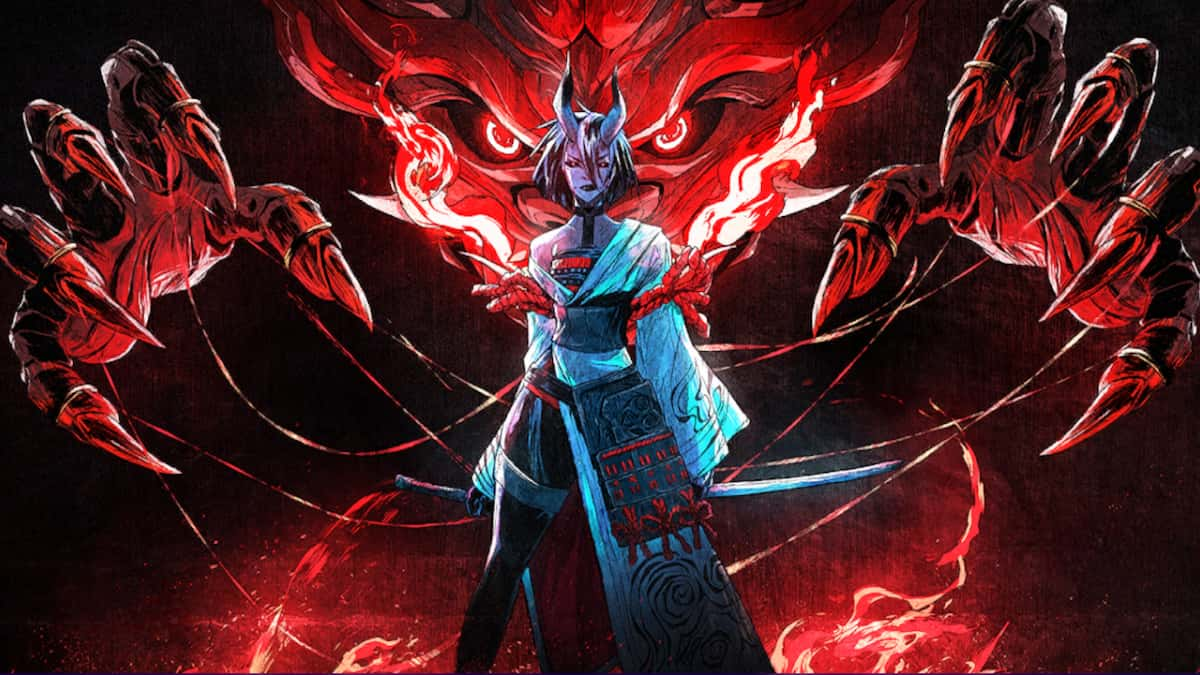
Publishing coordinator Kieron Kelly on Larian's enduring love for Divinity and tabletop gaming.
After six years of development, Larian Studios has released Divinity: Original Sin The Board Game—a distillation of its unique approach to fantasy RPGs into a box full of cardboard and plastic. You can read my impressions of the game for a full rundown, but suffice to say, I think it’s something really special. So I was grateful to get the opportunity at the launch event to talk to Kieron Kelly, publishing coordinator at Larian and the overseer of the project, about how it all came together.
Tabletop gaming is near and dear to the studio—that should probably come as no surprise. Kelly himself has been running a weekly Dungeons & Dragons game for “three years straight, maybe longer”, and he’s far from the only one.
“There’s loads of people that DM and play D&D or other tabletop games,” says Kelly. “There are plenty of board gamers, there are board game nights in the Gent and Dublin offices,and a few others. And then there’s also a big contingent of Warhammer fans. So I think we’ve always been that type of tabletop nerd, a lot of us.
“And I think you see that in the design of our video games. So much of it is about that, trying to capture the tabletop feel where the possibilities are endless. Obviously, videogames will always have some sort of limitation, but every attempt we make is to try and limit those limitations as we go, to make the possibilities as endless as possible for the player.”
(Image credit: Larian Studios)
Ironically, however, translating that approach back into a board game proved more difficult than Larian was expecting. A functional version of the game was ready roughly on schedule to deliver to the game’s Kickstarter backers, but Larian wasn’t happy with it. The elemental effects system, based directly on the mechanics of the videogame, was much too fiddly and complicated in tabletop play, and it didn’t achieve the breadth of narrative choice and consequence the studio wanted. It went back into a lengthy process of redesigning.
“Come like May, June 2021, we were like, we’re not making enough changes here. It’s kind of going, not in circles, but the refinements are too small for the issues that we’re constantly seeing,” says Kelly. “And yeah, it was like, is this going to work? Is it a good game? Are we ever gonna make this game? I mean, there was discussion about just giving out refunds.”
But instead of calling it a day, Larian called on veteran board game designer Rob Daviau (Pandemic Legacy, Unmatched) to consult on the project—to help them discover how the project could be saved, and perhaps whether it was worth saving at all.
“He said, ‘Look, you have something here, you’ve just got too much’,” says Kelly. “And it sounds easy when someone says that, but then you have to figure out what you cut, and then you have to figure out how you rebuild from what you’ve lost. As someone who didn’t necessarily know the Divinity IP, a lot of his suggestions, as good as they were for game design, would have actually removed that identity and that heart of Divinity. And so, we had a difficult challenge of, well, okay, we know, we have something, we can take the extra step to refine it. But how do you keep that core Divinity experience?”
(Image credit: Larian Studios)
Finding that answer took another three years and a whole new team of board game designers. The final game isn’t a one-for-one translation—you can see where those difficult cuts had to be made to achieve a more streamlined and playable experience. But it absolutely does feel true to that spirit of Divinity, evoking both the player freedom and the intricate strategy combat while putting its own uniquely tabletop spin on them.
More than that, the game practically radiates Larian’s continued love for the series. After the enormous success of Baldur’s Gate 3, and the recent implication that the studio is working on new IP, longtime fans might fear that Divinity is set to be left behind. But that certainly doesn’t seem to be the case. Though the board game itself is only “a small project within the company”, it does seem to reflect a wider commitment to the series.
“I think Divinity has always got a close place in all of our hearts,” says Kelly. “It’s an IP that’s obviously ours, and we care about a lot. It’s one of the reasons why we took the extra time for the board game. It’s like, well, we’re not going to do a piss poor job with a game that’s part of an IP that we care about… So I think Divinity hasn’t ever left us. It’s just you know, we obviously had BG3 on the go so we were focused on that. But Divinity’s never an IP that we’re just going to let die.”
(Image credit: Larian Studios)
Showing off the game at its launch event, it was clear to see Kelly’s relief at finally being having a game the company could be really proud of. After six years, he’s earned a bit of a break from all this messing about with cards and dice. So it is with a little guilt that I ask the obvious question: are there more Larian board games to come?
“The truth is, I don’t know,” says Kelly. “I think we’ve learned a lot, and it’s unlike us to learn things like this and then not use that experience elsewhere. But it’s also our habit, shall we say, to not talk about things until we’re ready to talk about them! So if we were to do something, I don’t know if we would do a Kickstarter, maybe, maybe not. But I know if we did, it would be much further along in development, that we’d be much happier with it before we did. So you know, there’s a lot of lessons learned.
“And I think we’re always going to be a company that makes things that excite us. And the game did excite us when we first pitched it… and it excites us now. So I think we’ll always be making, we’ll always be doing projects. Obviously, most of the time, that is video games, but if we ever dip our toes into other things, it will be because it excites us. And it’s something we think it’d be cool to have and to make.”
For more on Divinity: Original Sin The Board Game, head over to my hands-on feature.






